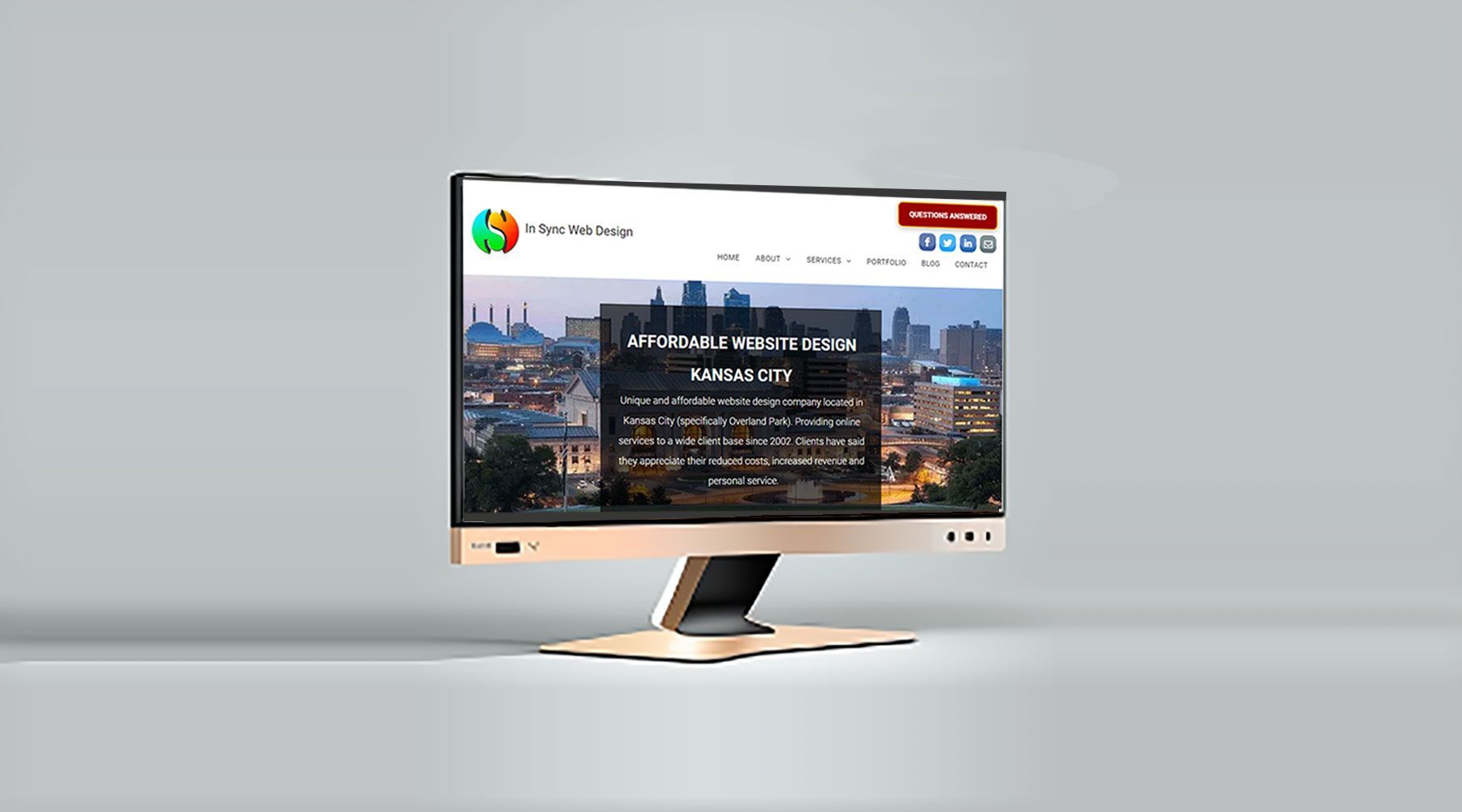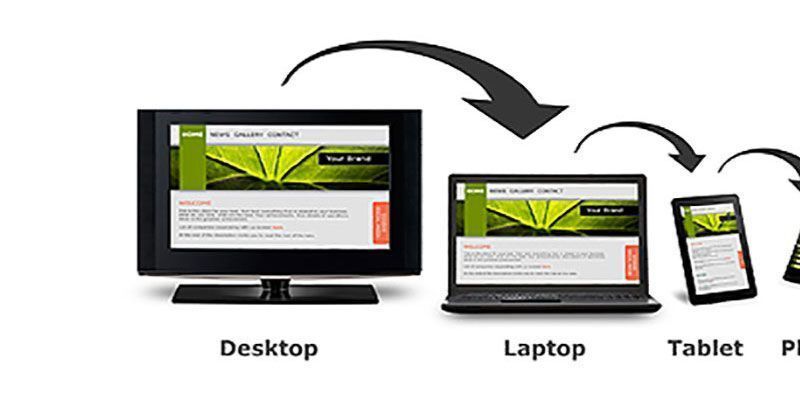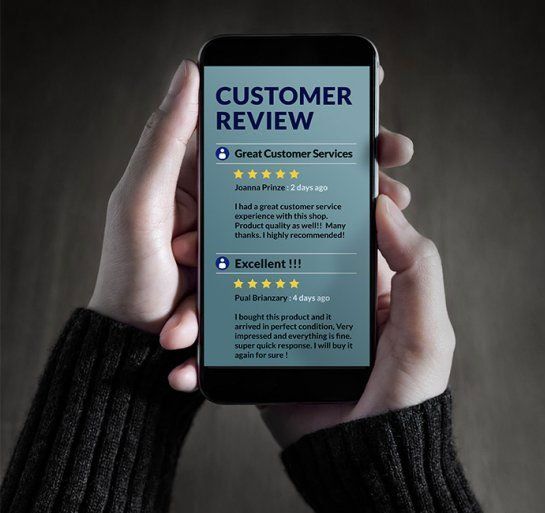The Ultimate Guide to Hacker-Proofing Your Website
Are you concerned about the security of your website? With cyber attacks on the rise, it's more important than ever to make sure your website is secure. Hackers can steal sensitive information, deface your website, or even hold it for ransom. In this guide, we'll show you how to hacker-proof your website and protect your online presence.
Why Website Security Matters
In today's digital age, a website is an essential tool for businesses and individuals alike. It's your online presence, a window into your brand, and a platform for communicating with customers and clients. But with the increasing reliance on technology comes an increased risk of cyber attacks.
Hackers are constantly searching for vulnerabilities in websites, looking to exploit them for personal gain. The consequences of a successful hack can be devastating. Your website may be defaced, your sensitive information may be stolen, and your business could be damaged beyond repair.
Don't wait until it's too late. Start securing your website today with this ultimate guide to hacker-proofing.
Secure Your Login Credentials
One of the most common ways that hackers gain access to a website is through weak login credentials. They can use automated tools to brute-force their way into your website, trying different combinations of usernames and passwords until they find the right one.
To prevent this from happening to you, here are some steps you can take:
- Use strong passwords: Use a mix of letters, numbers, and symbols to create a password that's difficult to guess. Avoid using easily guessable information like your name, address, or date of birth.
- Enable two-factor authentication: This adds an extra layer of security to your login process by requiring you to enter a code from your phone or another device.
- Use a password manager: A password manager can generate strong passwords for you and store them securely. You only need to remember one master password to access all of your login credentials.
Keep Your Website Up-to-Date
Hackers often target outdated websites because they know that the owners have not taken the time to patch security vulnerabilities. Keeping your website up-to-date is crucial for ensuring that it remains secure.
Here's what you need to do:
- Update your content management system: If you're using a CMS like WordPress, make sure that you're always using the latest version. This will ensure that you have access to the latest security patches and features.
- Keep plugins and themes up-to-date: Plugins and themes can also introduce vulnerabilities into your website. Make sure that you keep them up-to-date to avoid any potential security risks.
- Use a web application firewall: A web application firewall can help protect your website from known security threats by blocking malicious traffic.
Back Up Your Website Regularly
In the event of a successful hack, you'll want to be able to restore your website as quickly as possible. That's why it's important to back up your website on a regular basis.
Here's how to do it:
- Use a backup plugin: If you're using WordPress, there are many plugins available that will automatically back up your website for you.
- Store backups offsite: Keep a copy of your backups on an external hard drive or in a cloud storage service. This will ensure that you have access to your website even if your server is compromised.
- Test your backups: Regularly test your backups to make sure that they're working as expected.











